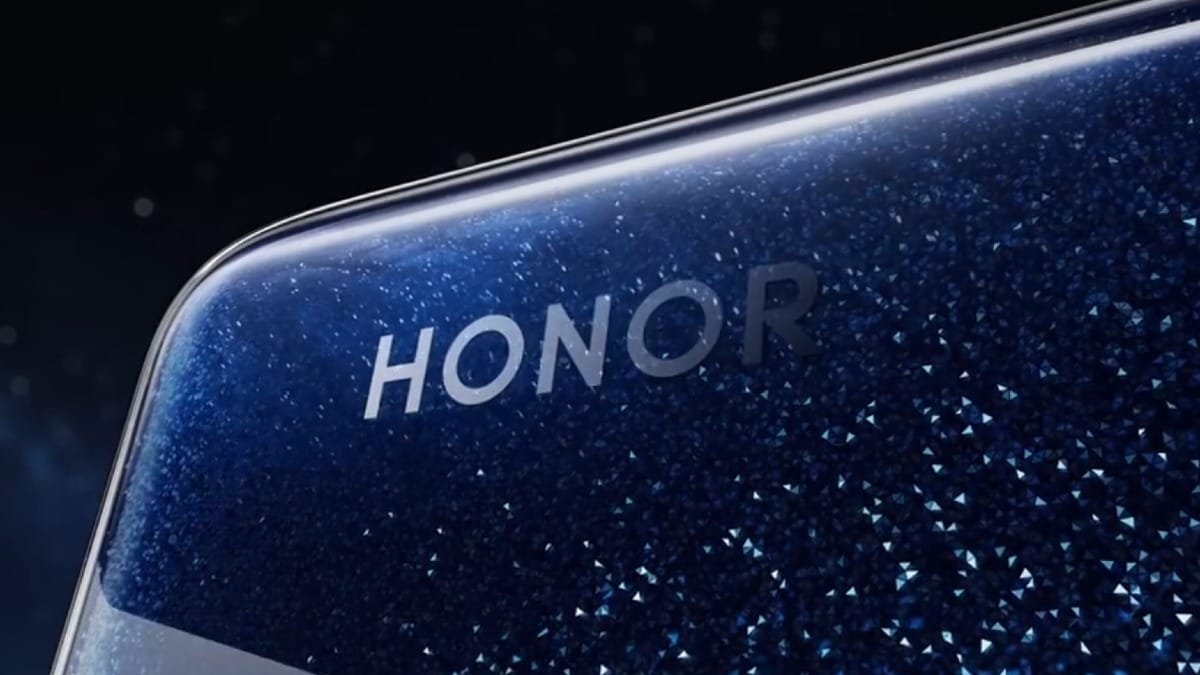Products You May Like
Honor is developing a novel foldable technology that would enable the creation of a device that features a multi-directional foldable display. Details of this technology have surfaced in a patent document that shows how such a device would function. It is currently unclear whether Honor plans to launch a device with this technology in the future. While smartphones with clamshell-style and book-style folding screens have become popular, Huawei launched the first tri-fold smartphone last month, and other companies including Honor, are expected to follow suit.
A recent patent document published spotted by 91Mobiles shows how Honor’s multi-directional foldable phone would function. It relies on several components that work together, including multiple hinge mechanisms, several housings for smaller parts, and a piece that connects the components in the middle.
![]()
The patent includes drawings that show the use of various display components
Photo Credit: Screenshot/ CNIPA
The aforementioned hinge mechanisms are located on the back of the foldable screen, according to the details in the patent document. As they are located in the centre, the attached displays can be folded along various axes, depending on the number of hinges.
Honor has also envisioned the use of a single connecting piece located in the middle of the device and connects all the hinge mechanisms together. It can primarily be folded along two axes (along its width and its length, thus providing the benefits of a compact clamshell-style foldable, while also delivering a larger screen when needed, just like a book-style folding phone.
In order to ensure that the device is flexible but durable, Honor’s patent document describes the use of materials like rubber, fibre, or metal. It also suggests specific designs for the middle connecting piece and the housings for components, to make sure the device’s structural integrity is protected.
It’s worth keeping in mind that manufacturers are finally confirming the arrival of tri-fold smartphones, after years of foldable phones with a single hinge. Such an advanced foldable system could improve not just foldable phones but also tablets, laptops, or even wearables. However, it’s worth keeping in mind that a device such as the one mentioned in the patent would potentially take years to arrive as a consumer product.
